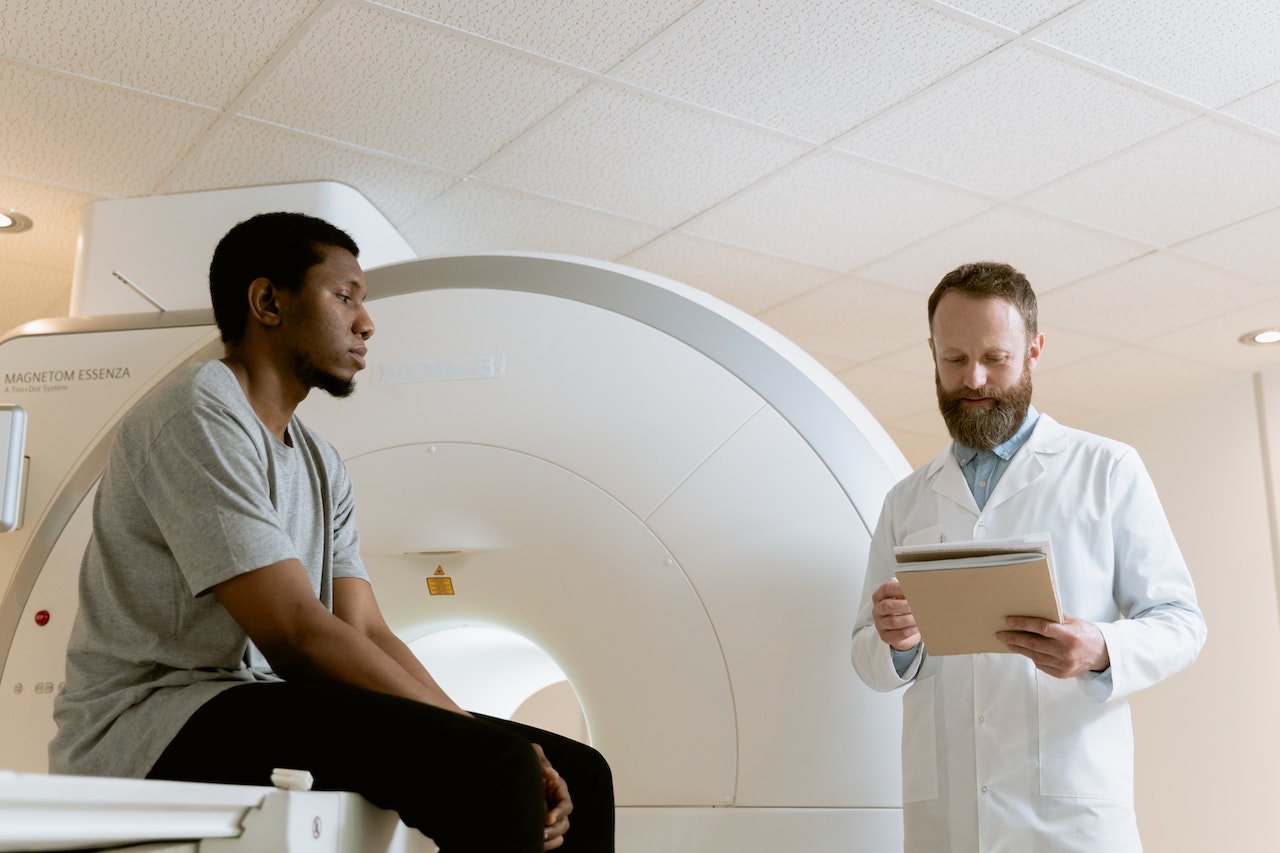Heavy metals are a class of elements that are dense, malleable, and conductive. They are often used in industry and can be found in various products, from car batteries to jewelry. While heavy metals are essential for many industrial processes, they can also be dangerous.
In today’s article, let’s continue to explore heavy metals and the essential things you should know about them. Read on to learn more!
Exposure to heavy metals can cause a variety of health problems, from minor skin irritations to serious neurological problems. Some heavy metals, such as lead and mercury, are particularly dangerous. Children and pregnant women are especially vulnerable to the effects of heavy metal exposure.
There are a few ways to reduce your exposure to heavy metals. Avoiding products that contain them is the best way to protect yourself. If you must work with heavy metals, take precautions to avoid contact with them. And if you think you may have been exposed, talk to your doctor to get tested.
Table of Contents
What Makes Heavy Metals so Dangerous?
Heavy metals are elements that have a high atomic weight and are dense. They’re found in nature but can also be released into the environment through human activity. Heavy metals can be found in soil, water, and air and can enter the body through ingestion, inhalation, or skin contact.
Once in the body, heavy metals can build up in organs and tissues, causing damage. They can also disrupt the body’s normal metabolism and cause problems with the nervous system, the immune system, and the reproductive system. Heavy metals can cause cancer, congenital disabilities, and other serious health problems.
There are many ways to remove heavy metals from the body, but the best way to avoid exposure is to prevent them from entering the body in the first place.
Major Risks of Heavy Metal Exposure
Heavy metal exposure is a growing concern in today’s world. There are many sources of exposure, including contaminated water, food, and air. Heavy metal exposure can lead to serious health problems, including neurological damage, kidney damage, and cancer.
There are a variety of ways to test for heavy metal exposure. Blood tests can measure the level of metals in your blood. Urine tests can measure the level of metals in your body. Hair analysis can also be used to test for metal exposure.
Symptoms of heavy metal exposure vary depending on the type of metal involved. Some common symptoms include headaches, fatigue, nausea, and skin rashes. If you suspect you have been exposed to a heavy metal, it is important to see a doctor for testing and treatment.
How to Avoid Exposure to Heavy Metals?
Heavy metals in many household items can pose a serious health risk if not handled properly. Here are some tips to help you avoid exposure to heavy metals:
• Avoid using older, painted items that may contain lead-based paint.
• Do not burn household waste, as this can release lead and other heavy metals into the air.
• Be careful when using chemicals, as some may contain heavy metals. Always follow the manufacturer’s instructions and wear protective clothing, such as gloves and a mask.
• Have your home tested for lead if it was built before 1978.
• Get your child vaccinated against lead poisoning.
• Have your doctor check for heavy metal exposure if you or your child experiences unexplained health problems.
Final Thoughts About Heavy Metals
Heavy metal exposure can be very bad for you, especially in the long term. Heavy metals can accumulate in your body and cause health problems. If you are exposed to heavy metals, be sure to get checked out by a doctor and take steps to reduce your exposure.
If you’re planning to detox with zeolite, Zeolite for Detox can help you! We provide comprehensive resources to help you, from getting started to where you can buy zeolite supplements. Simply go to our website to get started!
Recent Posts
You love watching your little one grow and learn new things every day, but early signs of speech delay can sometimes go unnoticed. Observing your toddler's developmental milestones is crucial in...
Zeolite, a volcanic mineral known for its detoxification properties, is gaining popularity in the health industry. Parents often wonder if it is safe and effective for their children. In this...

